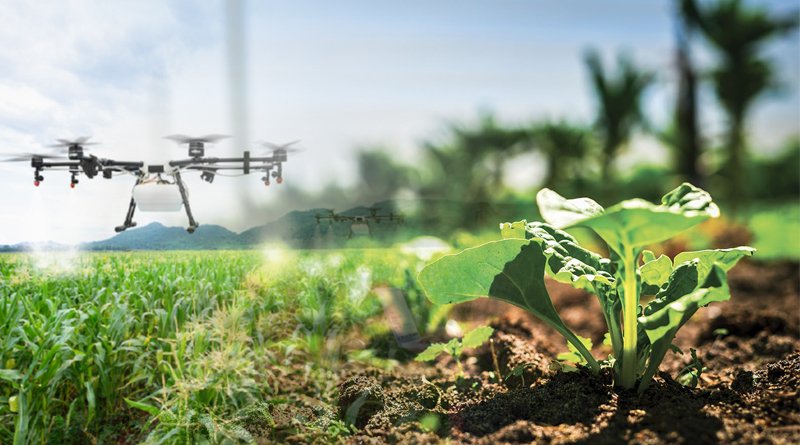Utilize non-renewable resources and farm resources as efficiently as possible while incorporating, as necessary, natural biological cycles and controls.

In a “Sustain Summit” hosted by the US Soybean Export Council (USSEC), speakers emphasised the importance of using non-renewable resources, on-farm resources, and integrating, where appropriate, natural biological cycles and controls.
Increased population growth, climate change (drought and floods), declining productivity, low income or poverty, and a few other issues warrant that the region move beyond awareness of sustainability and implement it both in agriculture and industry. This was the main message of a one-day conference.
The US Department of Agriculture’s Lucas Blaustein Regional Agricultural Attaché defined sustainable agriculture as “farming in such a way to protect the environment, aid and expand natural resources, and to make the best use of non-renewable resources.”
He claimed that the USDA was working to meet people’s needs for food and fibre while enhancing environmental quality and the natural resources on which the agriculture economy is based.
Utilize non-renewable resources and farm resources as efficiently as possible while incorporating, as necessary, natural biological cycles and controls. Along with improving the standard of living for farmers and society at large, he added, maintaining the economic viability of farm operations is also important.
Kevin Roepke, Regional Director for South Asia and Sub-Saharan Africa at the USSEC, commented on the Sustain summit’s success, saying, “We believe that sustainability is a critical issue that requires collaboration and action from all sectors of society, and the Sustain summit is an important step in promoting sustainable practises and inspiring the much-needed change.”
He claimed that Pakistan has also started a program called “Right to Protein” that aims to raise awareness of the nutritional advantages of including protein in the diet.
In her speech on food security and South Asia, Eresha Mendis (PhD), a professor of food science and technology from Sri Lanka, recommended going for innovations to increase production and productivity (mechanisation and biotechnology), use of improved varieties/breeds, timely application of quality agricultural input supplies, and ensuring readiness to face climatic impacts. She also emphasised the importance of creating private-public partnerships in the food and agricultural industries.
